Legal Ruling on Wishing Non-muslims Well and Celebrating Festivals with Them
Praise be to Allah, The Lord of the universe. May the blessings and peace of Allah be showered on the noble Prophet Muhammad, his households, and companions.
Regarding this issue, there are facts that are worthy of mentioning considering it as a fundamentals that cannot be glossed over. These are:
- The only religion recognised and accepted by Allah is Islam. The passage Q3:19 reads thus: “Verily, Islam is the only religion from Allah”. He continues by saying: “Anyone who quests other faith rather than Islam will not be accepted and he shall be among the losers on the Last day” Q3:85.
- Any kind of worship that goes against the principles of Islam is off limits to Muslims. Since Muslims are forbidden to befriend non-Muslims and wining them love and affection, a Muslim should never take part in their festivals either by sending them well wishes or contribute to their feasts.
- Calling to the path of Allah and advocating for its teachings with wisdom is the onus required of an ideal Muslim. In Sūrah Yūsuf: 108, Allah states: “Say, (O Muhammad), this is my way: I call unto the path of Allah with insight- I and those who follow me…” It follows, therefore, that abstaining from anything that can mislead or encourage unethical practices among the Ummah is imperative.Prophet Muhammad is said to have drawn a line in matters of religion and developed a just and equitable relationship with non-Muslims. He was kind to them, but he was never seen participating in their festivals or acts of worship.
The foregoing make it clear that Muslims are not allowed to participate in their festivals , contribute to their feasts or entering their synagogues. The Prophet declared that: “Anyone who imitates certain people (in actions) is part of them. Reported by Abū Dāud and authenticated by Al-Albānī. Among the other doctrines for which they are well- known for is festivals. As such, the restriction against it should be emphasised. They have their festivals, just as we have ours and we have our religion, likewise they do.
Ruling on wishing well for non-Muslims during their festivals
In Sub-Saharan Africa where Muslims constitute a minority, the following points are observed:
- In Africa, many people hailed from non-Muslim backgrounds and this resulted in unending religious differences.
- Muslim socio-religious gatherings and events, like marriage ceremonies, and pilgrim welcome events attended by non-Muslims as they also sympathise with us and pay us condolence visits in terms of loss, damage, or misfortune
- During Muslim festivals, non-Muslims do send greetings such as Happy ‘īd and May you be blessed among other good wishes.
- On a typical day, Muslims and non-Muslims share meals on the impartial pretext of maintaining the neighborhood. Muslims do give out a share of their sacrificial meat to the non-Muslims during ‘Īdu’l-Adhā. Given this, it is informing that Muslims and non-Muslims have natural ties like being neighbours, coworkers, and classmates and roles as supervisors or supervisees of non-Muslims and vice versa as well as physicians treating Muslim patients.
Considering the above, there are three perspectives from which the matter of greeting or congratulating one another can be painstakingly examined. These are highlighted hereunder as follows:
- Muslims should not wish them well on any acts that they consider as doctrines, such as birthdays, Easter holidays, and ground opening of the Church as they are against the Islamic fundamentals.
- What are being considered as dealings in their festivals. This is classified into two:
- Non-Muslims send greetings to Muslims during the known Muslim festivals; such as “happy ‘īd”, “and may you be blessed every year “. Muslims in this category, ought to respond to them with what is befitting. Allah gives credence to this in Q4:86 saying: “And when you are greeted with a greeting, reply with what is better or return it (in a similar manner). Indeed, Allah accounts for everything”. In the same spirit, the Prophet used to give a similar return to anyone who said: “Sām ‘alaykum”.
- Muslims wishing well for non-Muslims or offering prayer for them on their festivals. This has two varieties
It is acceptable if the prayer is directed towards the betterment of society as a whole, combating the ongoing challenge or preventing forthcoming harm. Based on preferential consideration of public interest.
It is forbidden if the prayer or greetings is to denigrate Islam or cajoling them, as Islam is superior and will always remain so.
- Congratulations on what is referred to as customs, like housewarming, returning from a trip, attaining a new feat, and so forth. There is nothing wrong with this, especially for those who maintain the bonds of family, neighbours, or coworkers, as well as other forms of social interactions that uphold the values of kindness, justice, and love that are ingrained in both Islam and culture. Evidently, Allah states the bond that Muslims should have with Non-Muslims (those that fight them not) in Sūrah Mumtahanah: 8. The verse provides, “Allah does not forbid that you should be kind and just with people who do not fight you on account of faith, nor banish you from your homes. Verily, Allah loves those who are just in dealings.”
Having a relationship with non-Muslims is not out of the instruction given to Abū Dharr by the Prophet when he said: ” Fear Allah wherever you are and follow up a bad deed with a good deed to ward it off and relate with people with good morals. (Tirmidhi, v4, p355, authenticated by Abū ‘Īsā). In the context of the hadith, the Prophet said ” relate with people” which by implication, is not confined to Muslims only but applicable to all people. Likewise, good conduct is one of the ethics of Calling to the path of Allah with discernment and persuasive sermon.
However, Muslims should be watchful of their utterances while greeting them on a social basis and mindful of sayings that will amount to encouragement or approval of their doctrines. To be on the safe side, Muslims should greet them or wish them well with a prayer that will reflect seeking guidance for them and luring them into the fold of Islam such as: “May God illuminate your heart with the light of guidance” “May the subsequence meet you on guidance”. Muslims are encouraged to do this as it will help in calling them to the orthodox path and maintain the kind and just relations that Islam is advocating for. Allah knows the best. May He shower His peace and blessings upon the noble Prophet Muhammad, his households, and his companions.
The Fatwa Committee at the Union of African Muslim Scholars are:
- Dr Muhammad Ahmad Lawh (Senegal): Head
- Dr Jaylan Khidr (Ethiopia): Secretary
- Dr Husayn Muhammad Bawa (Uganda): Member
- Dr AbūBakr Bāh (Senegal): Member
- Dr Suyaka Diyara (Cõte d’Ivoire): Member
- Shaykh Muhammad Tarāwi (Mali): Member
- Dr Abdul Razaq Husayn (Djibouti): Member
- Shaykh Abubakr Mury (Libya): Member
- Sayyidah Mam Jāriyah Nayangh (Senegal): Member




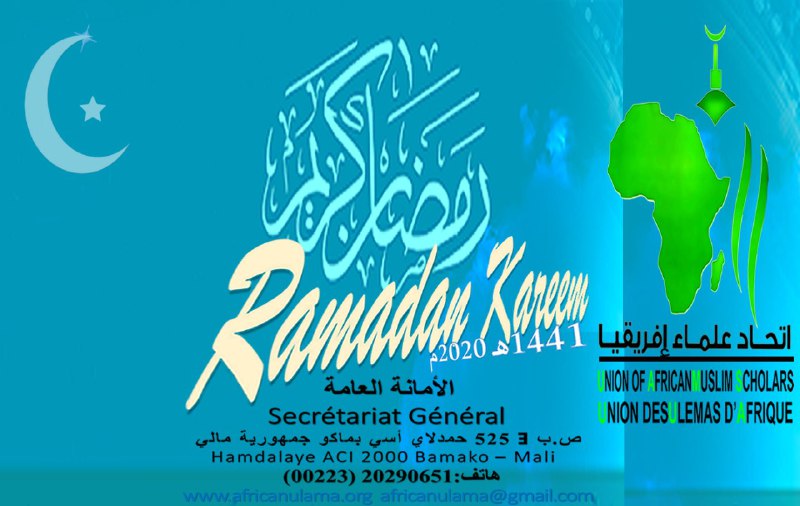
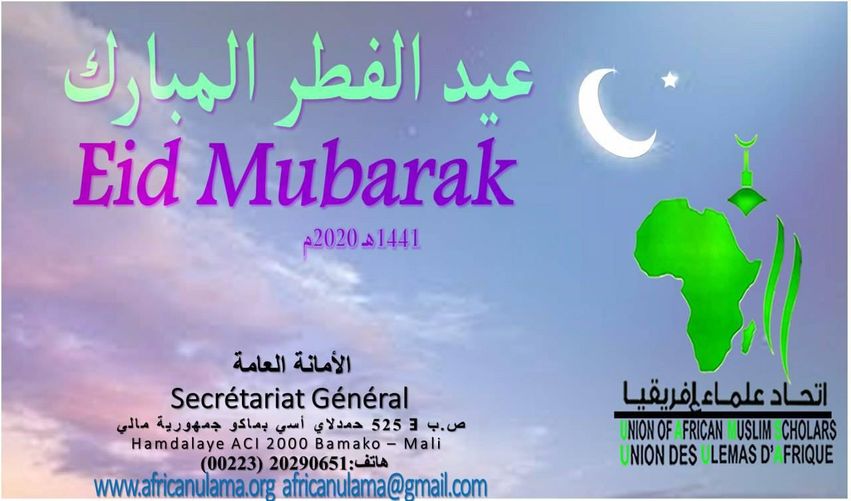
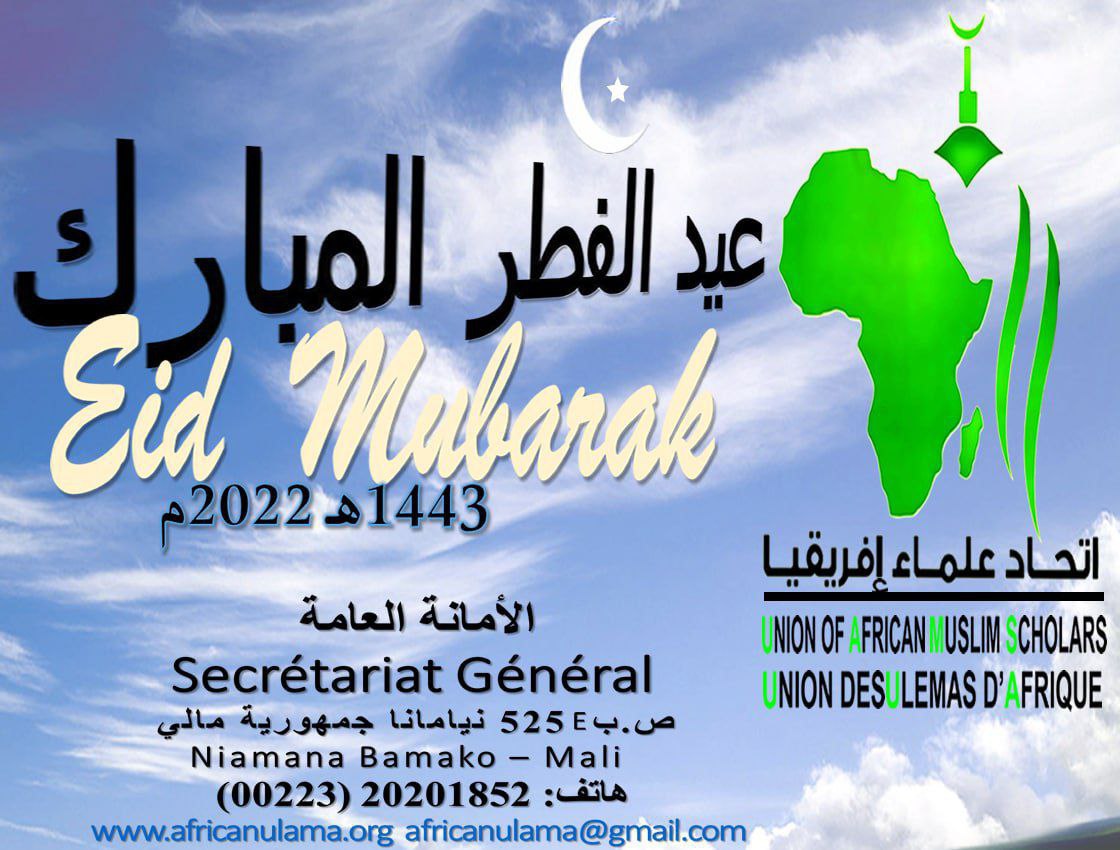

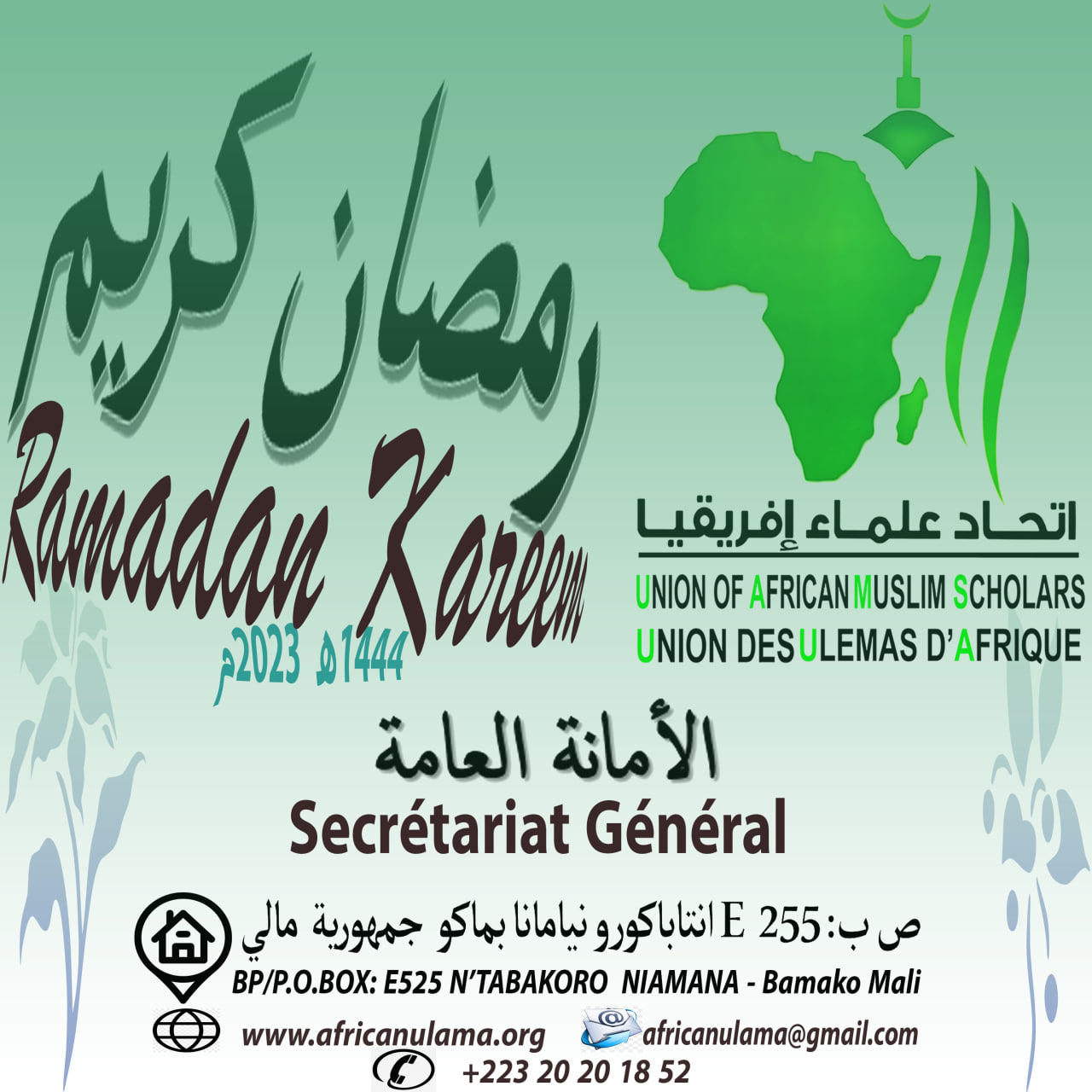
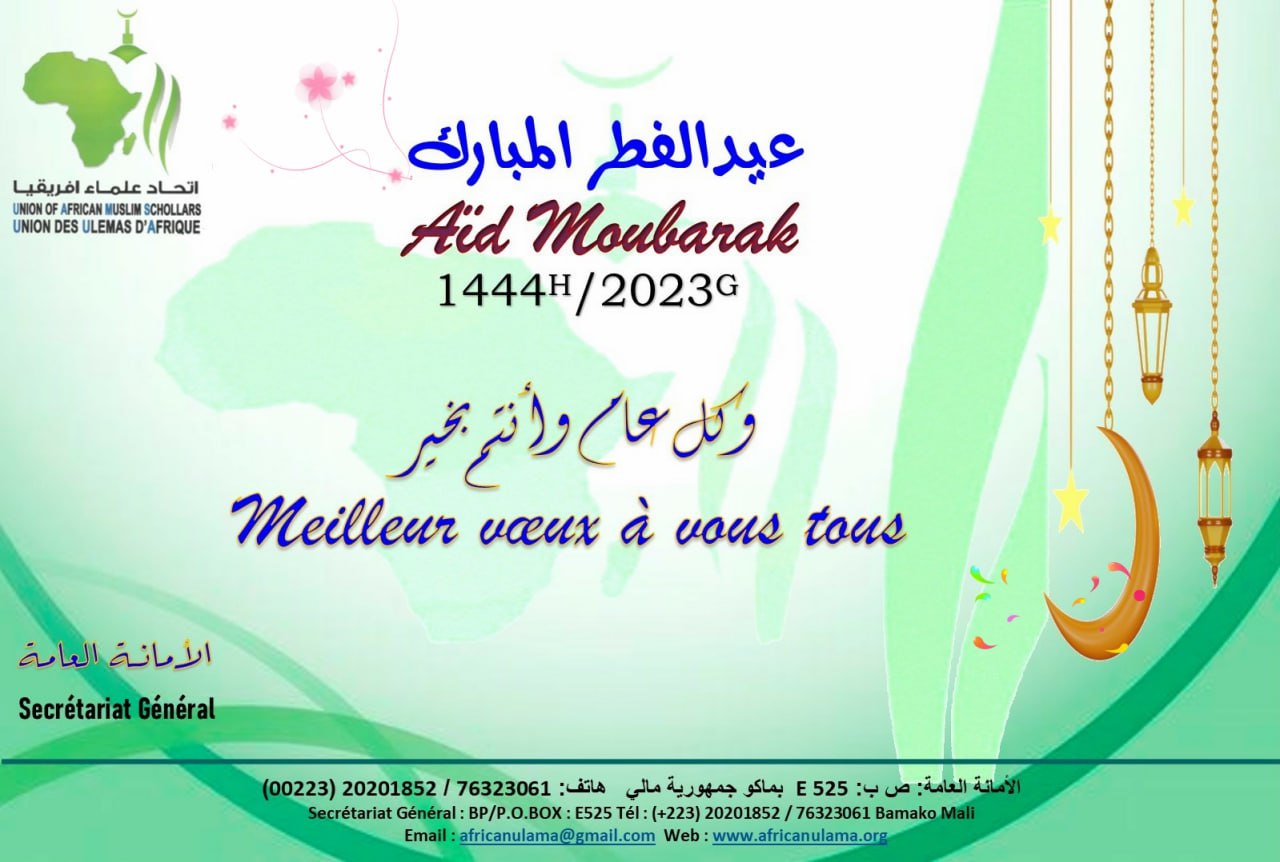
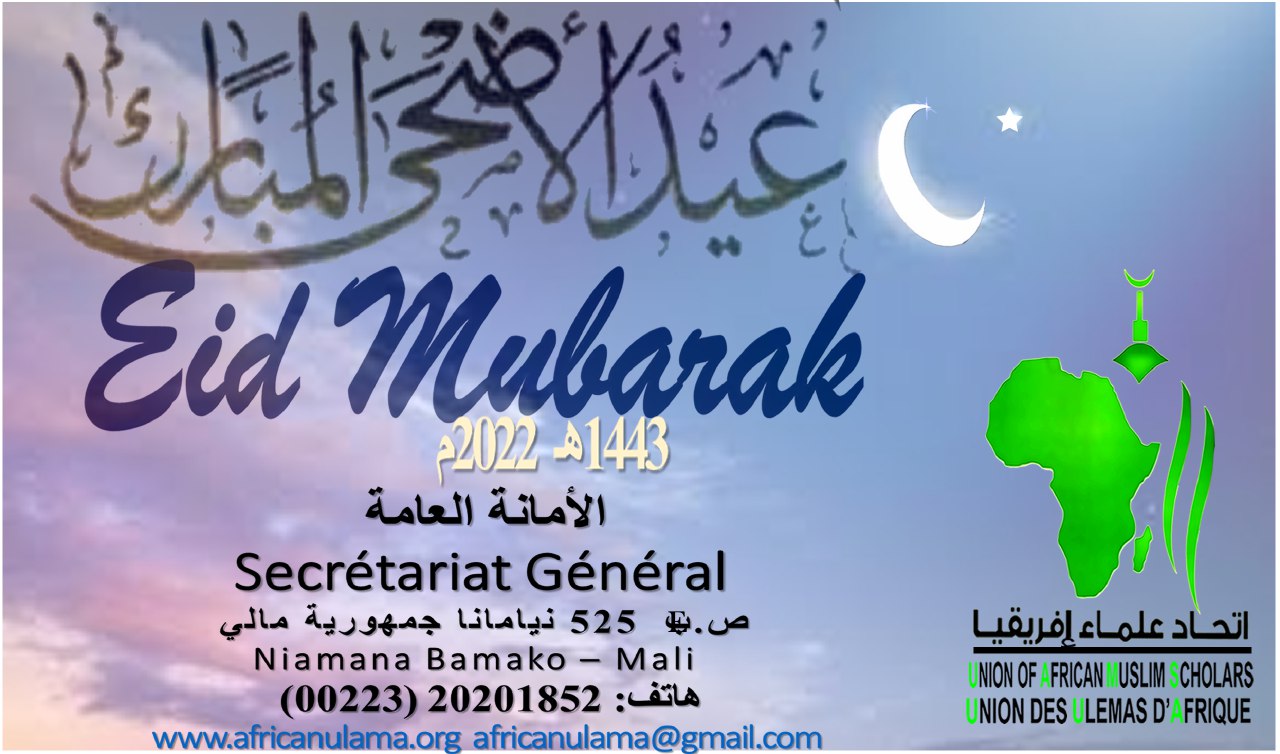

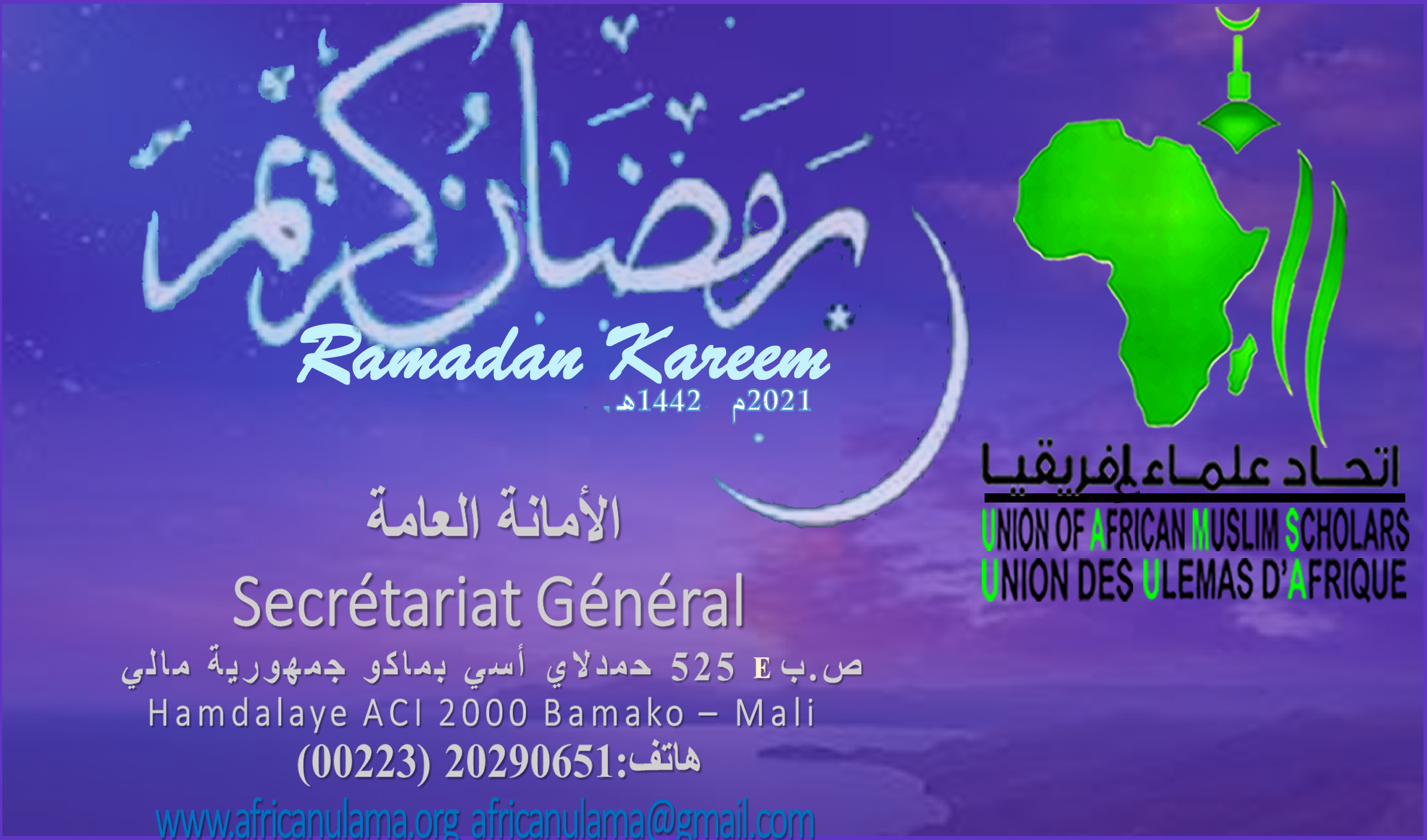
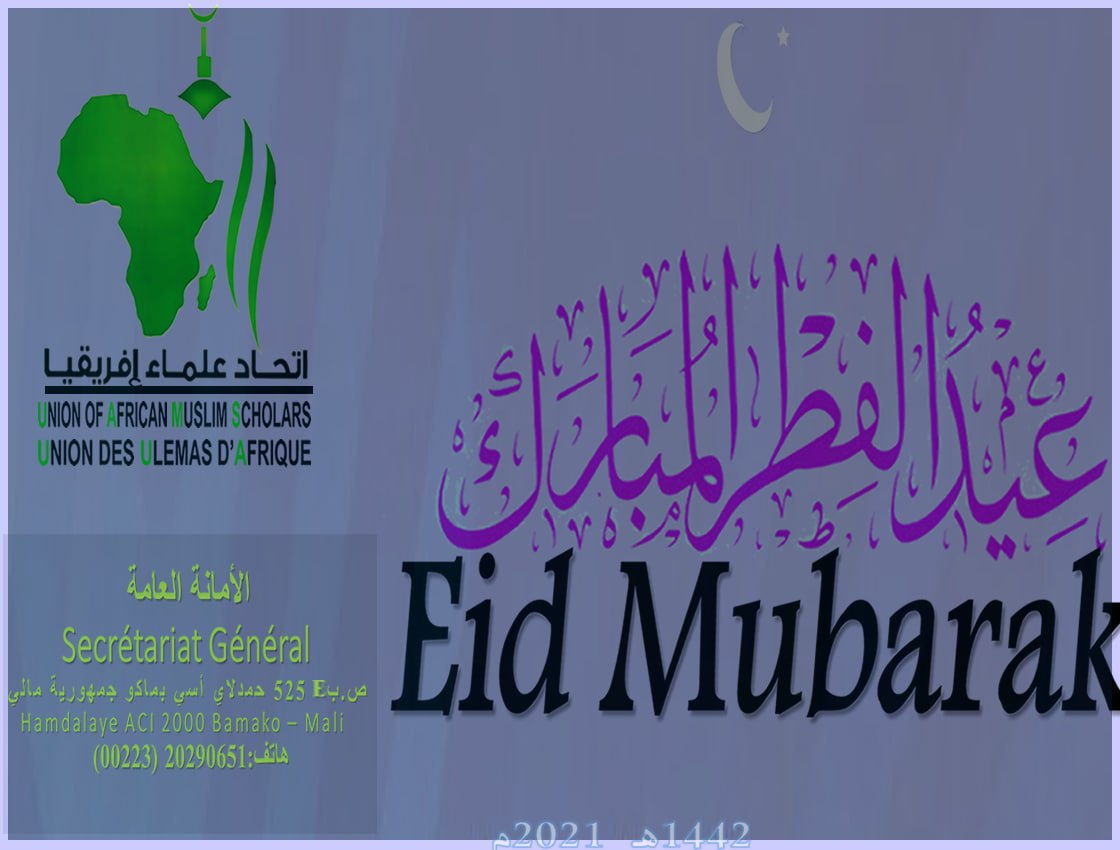
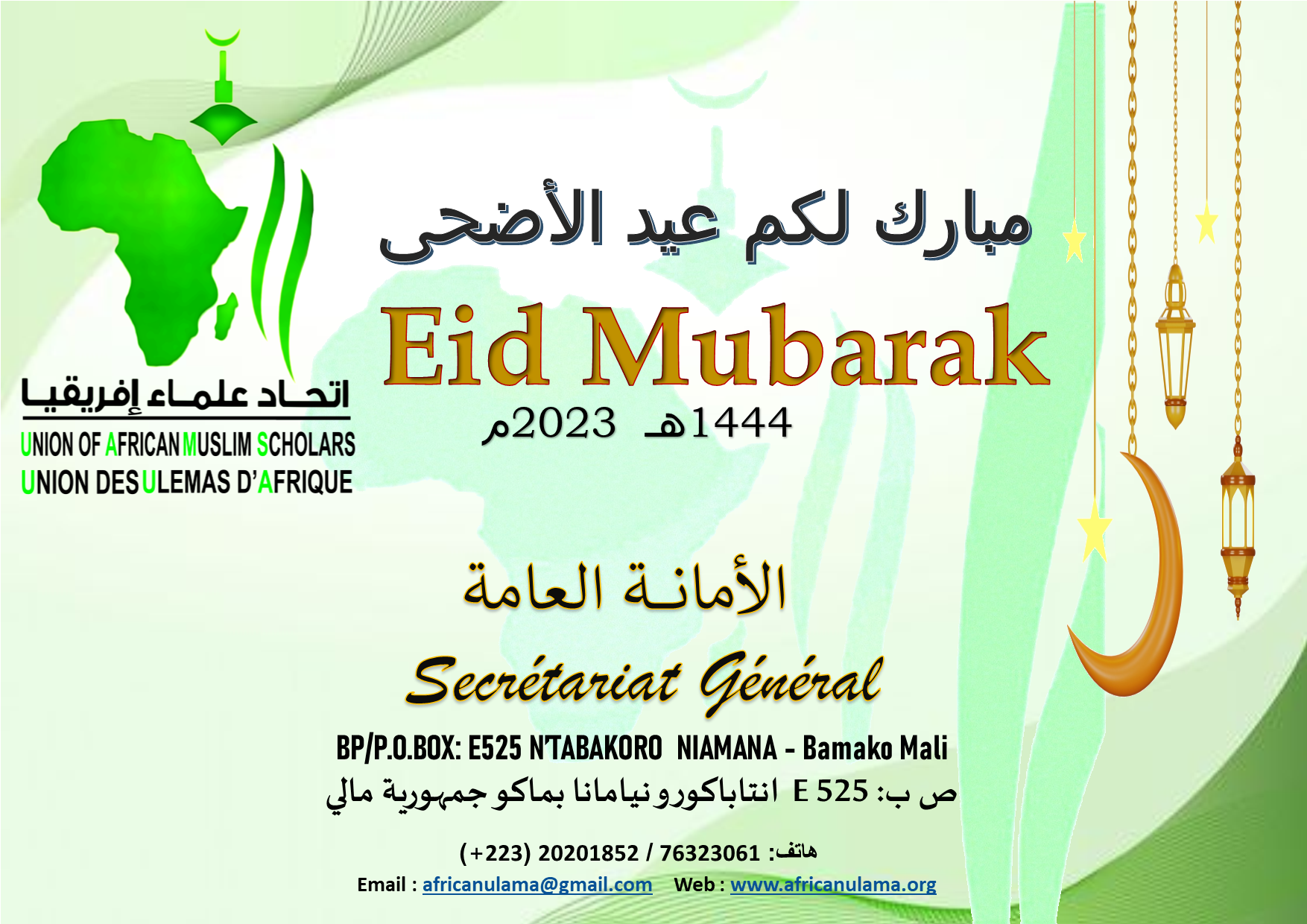
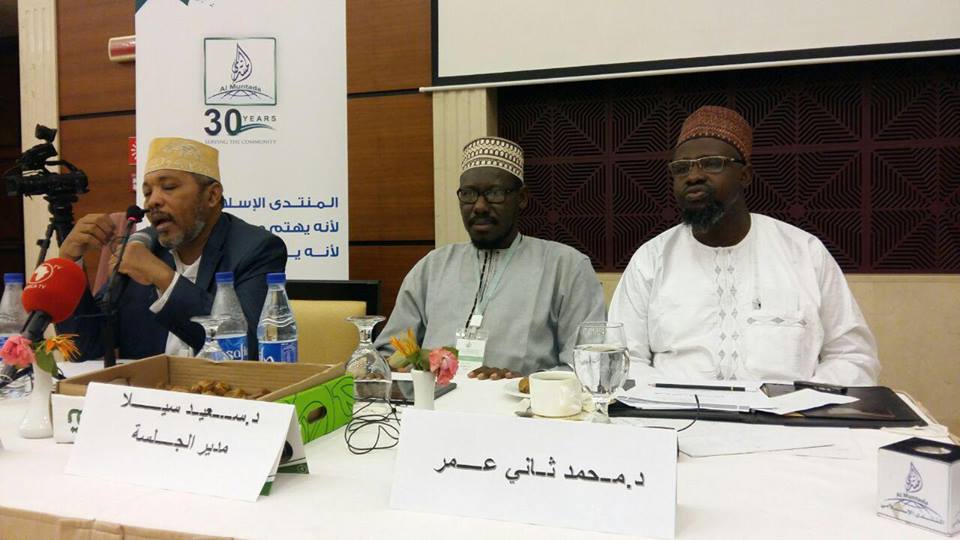
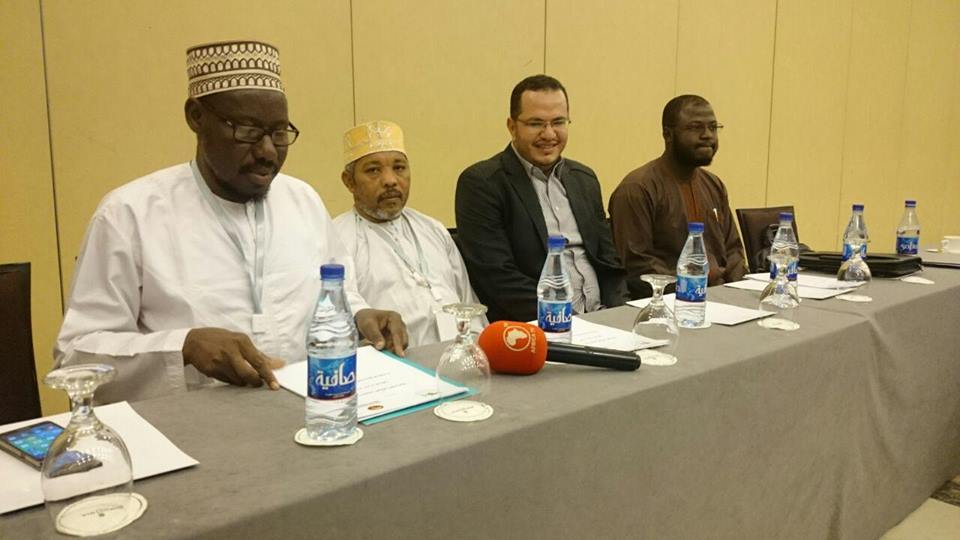

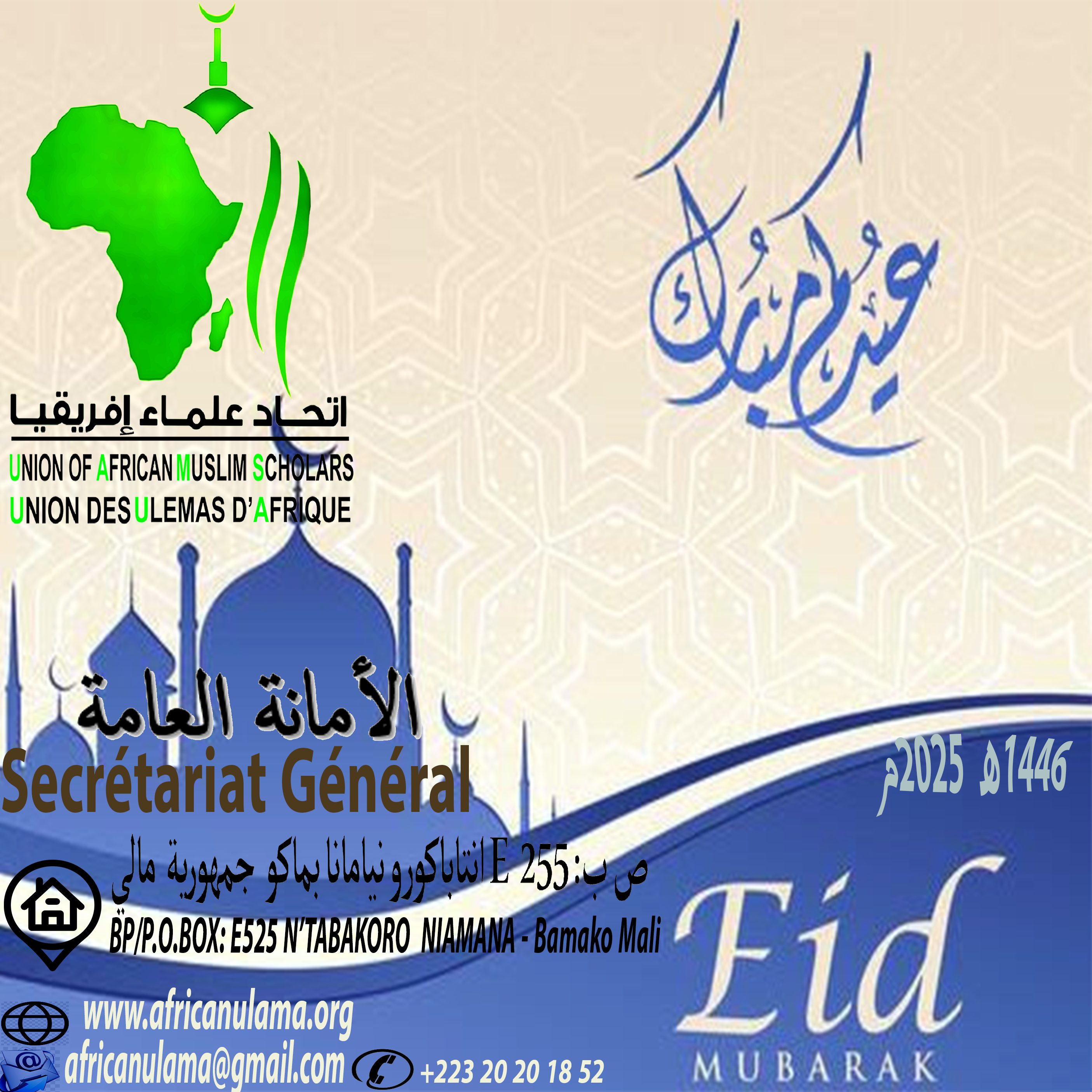
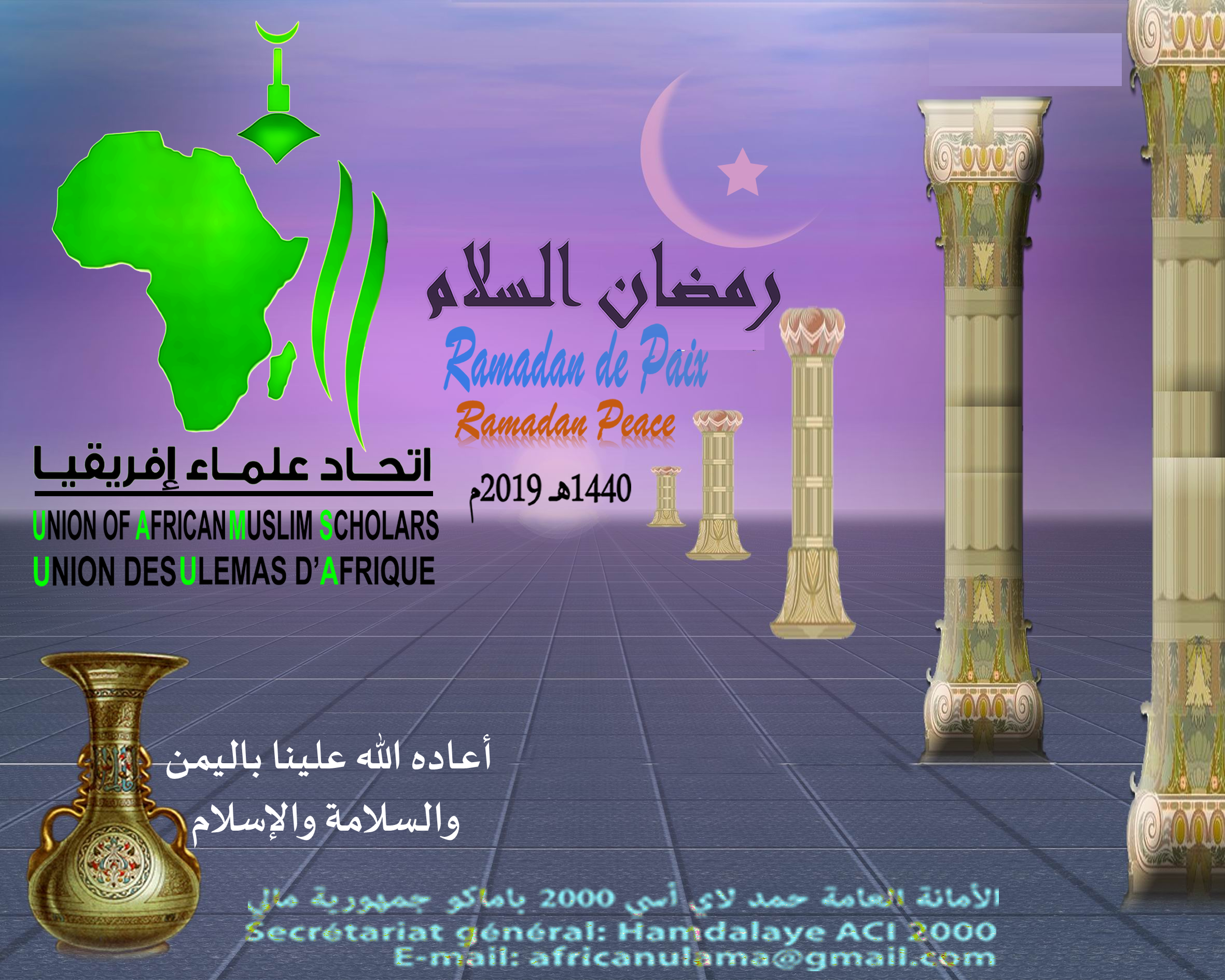
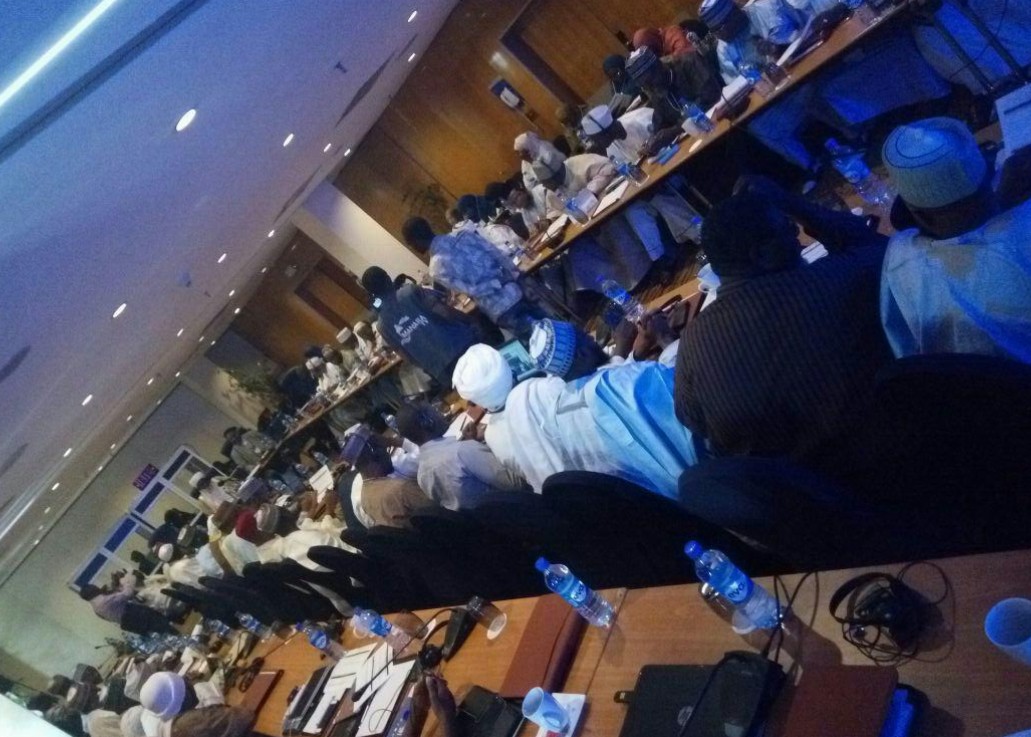

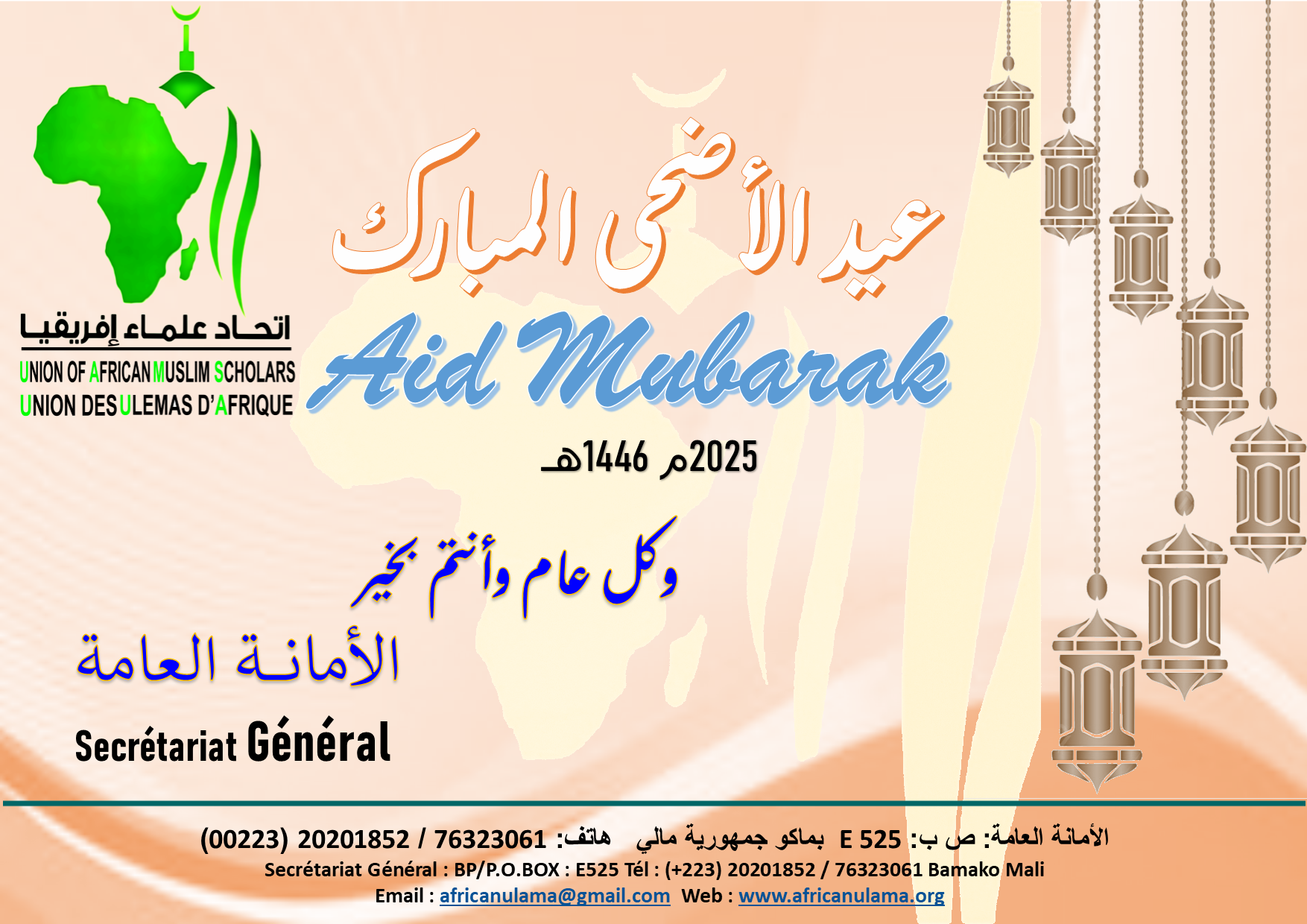
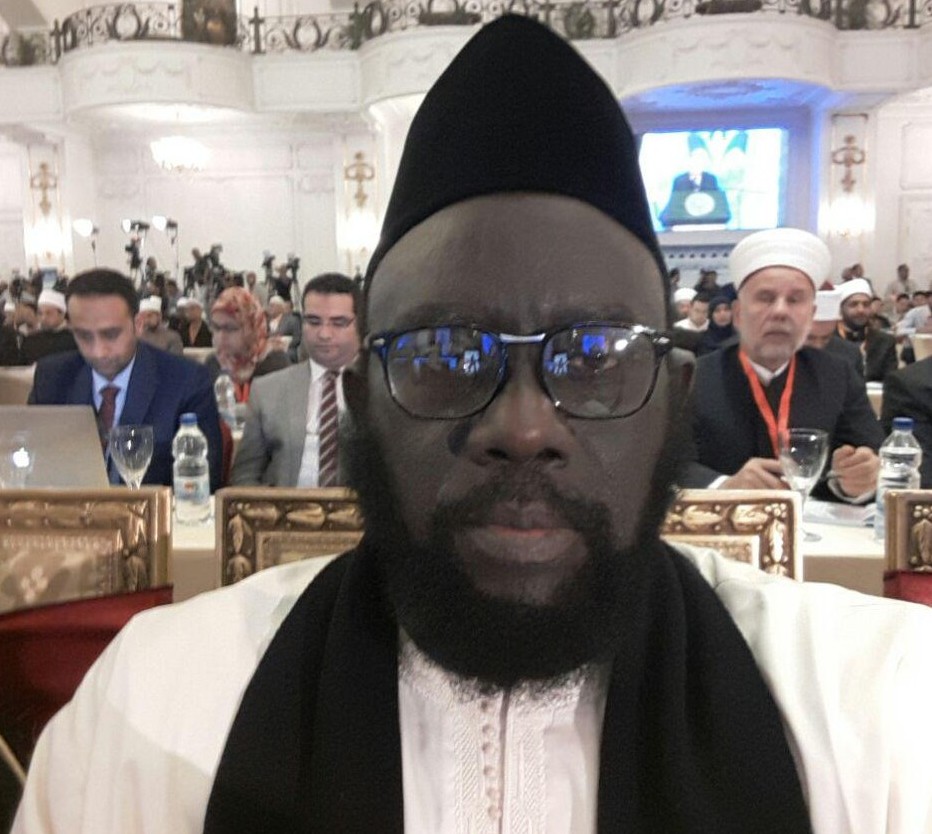
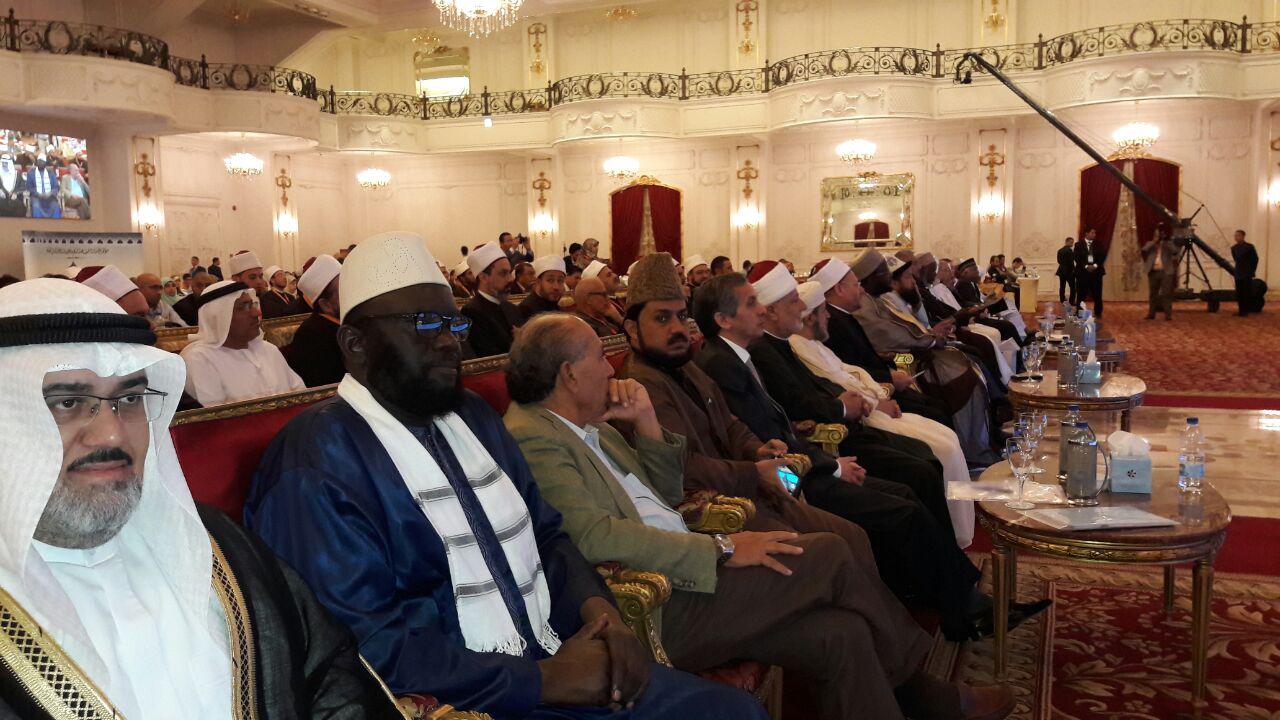
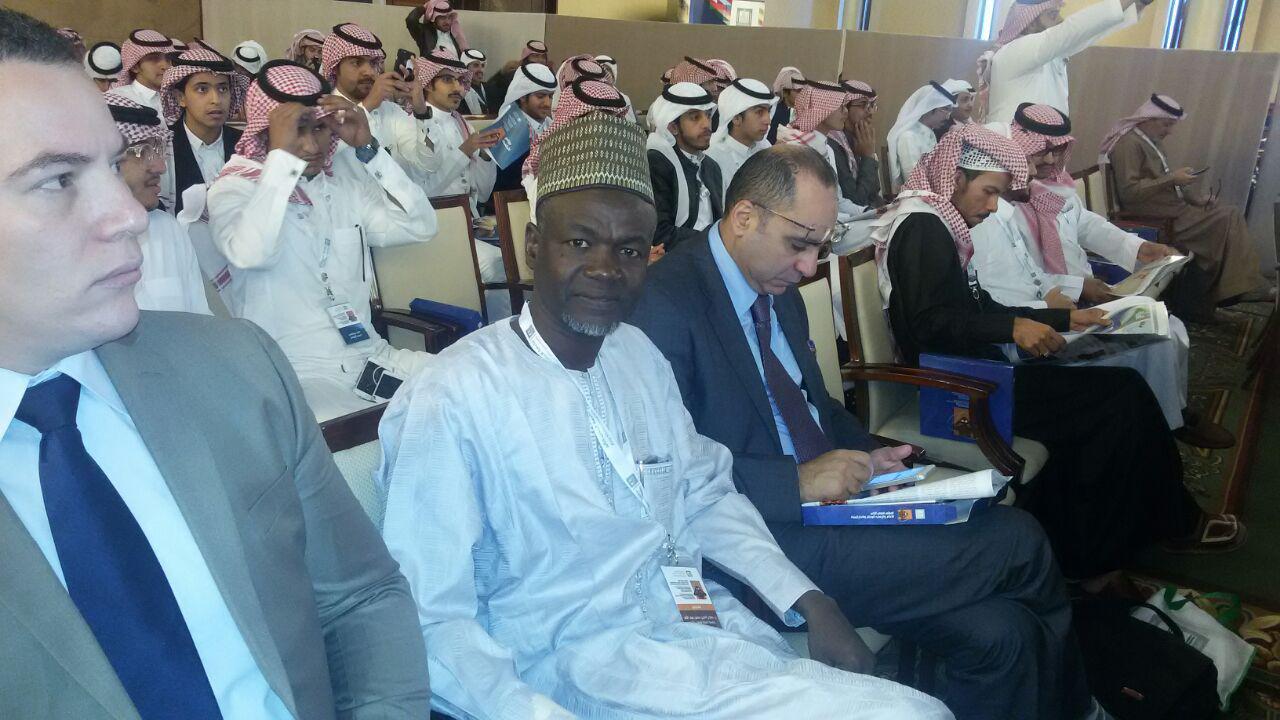
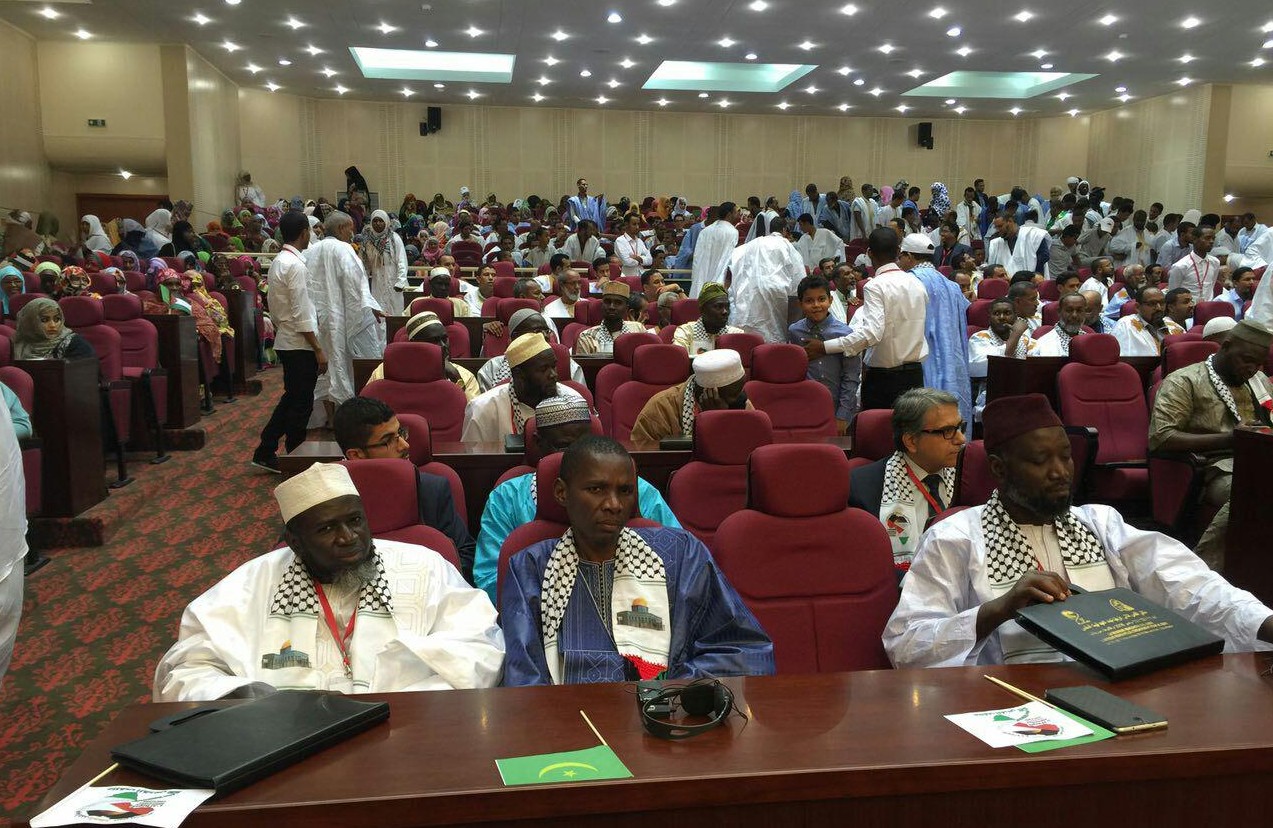
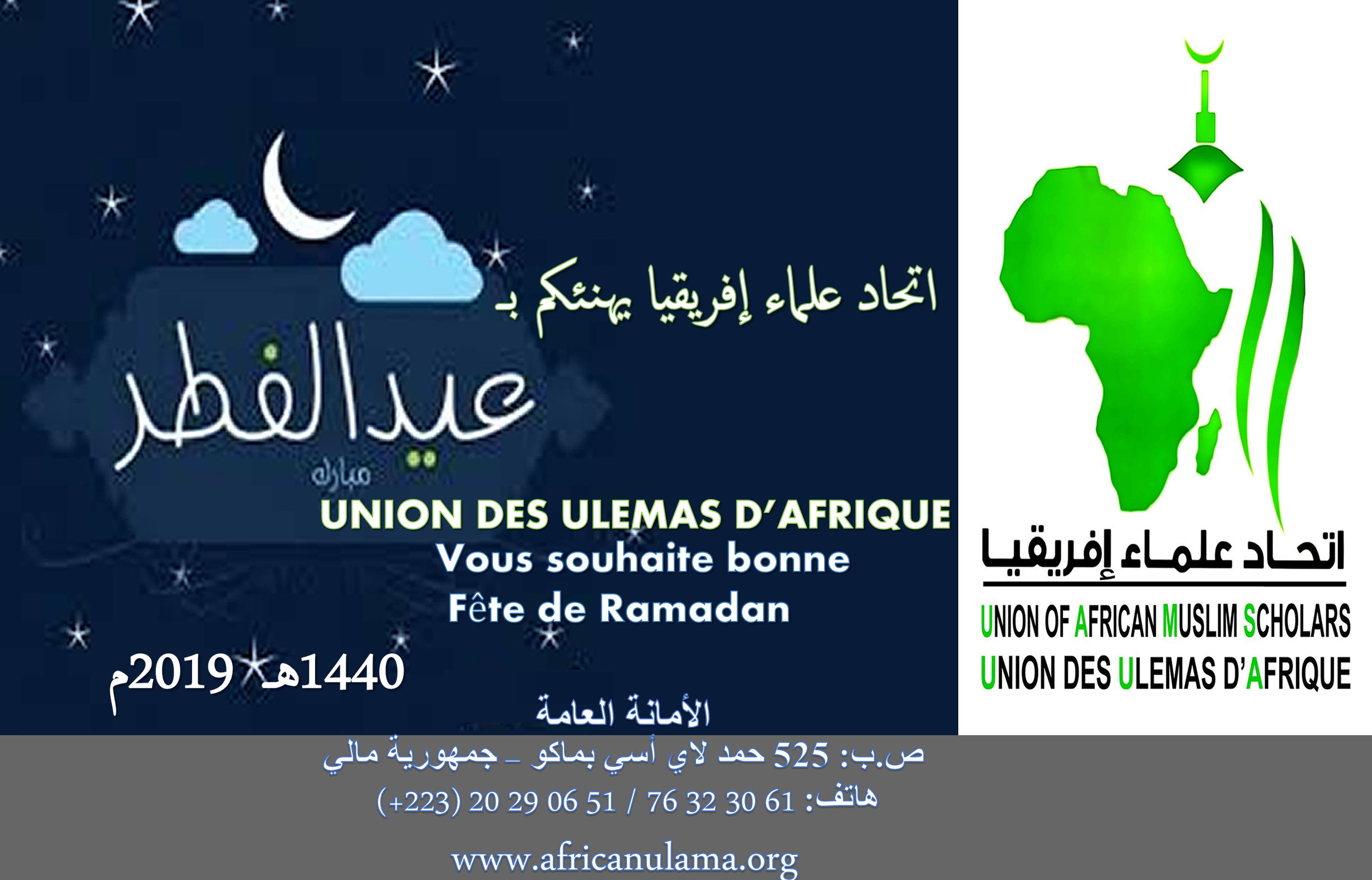
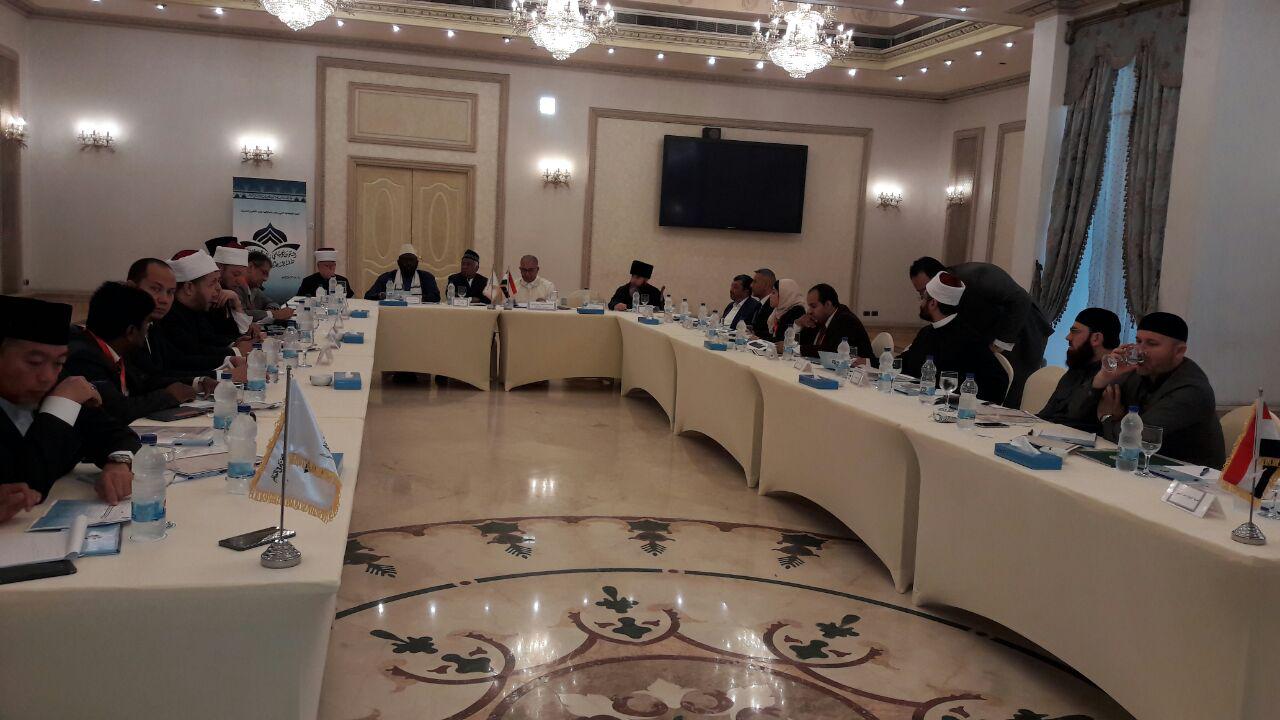
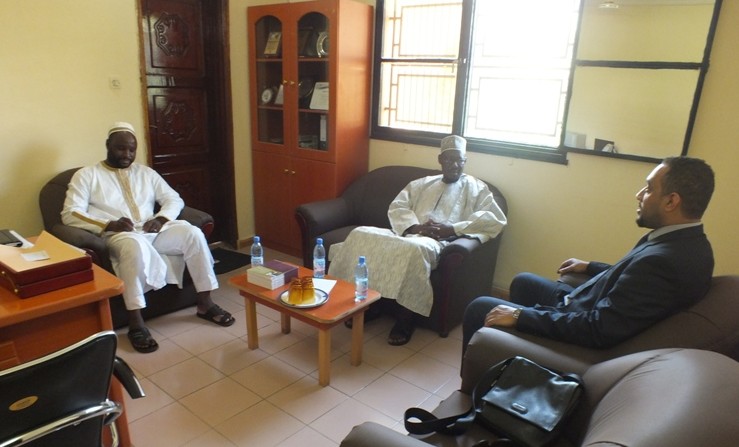
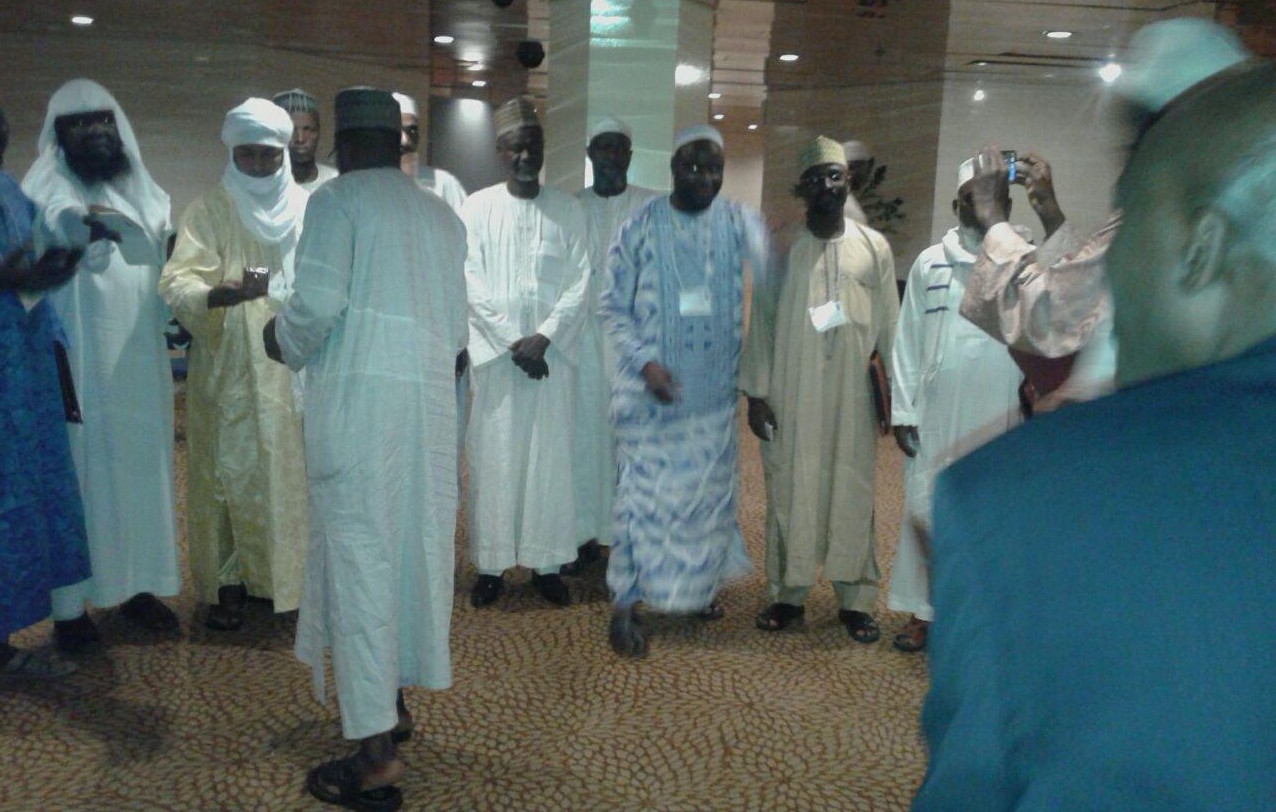
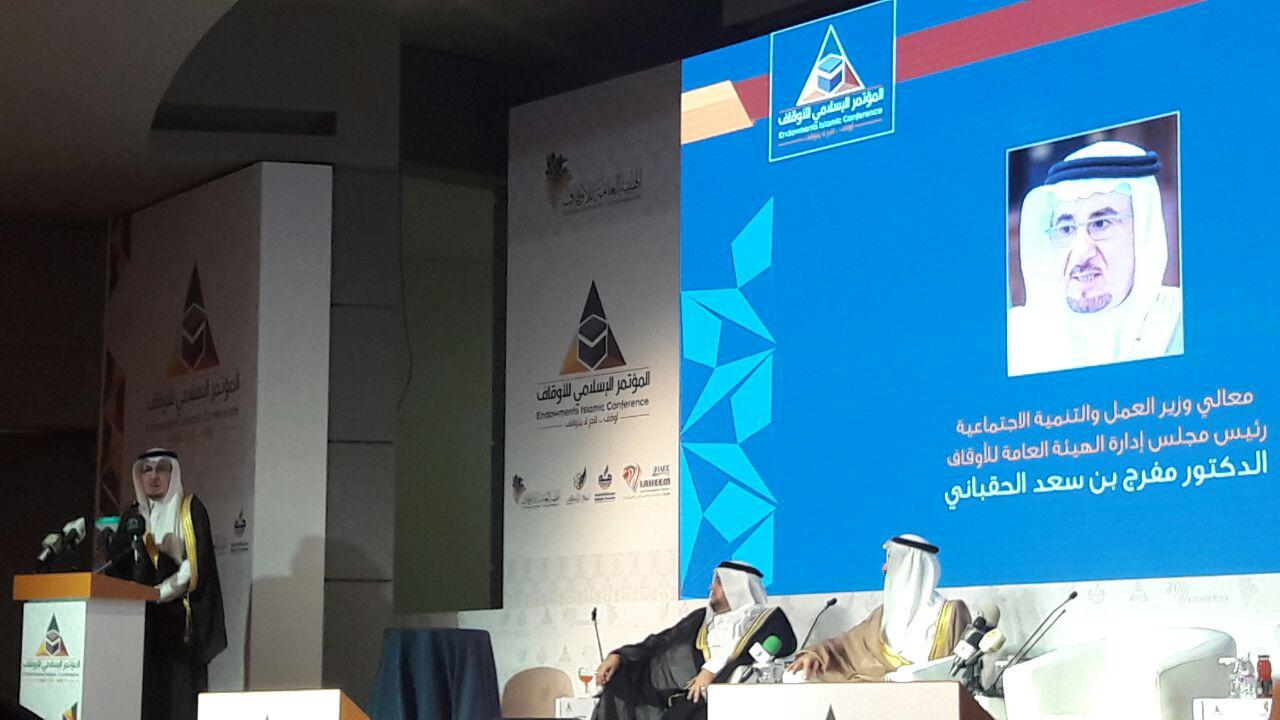
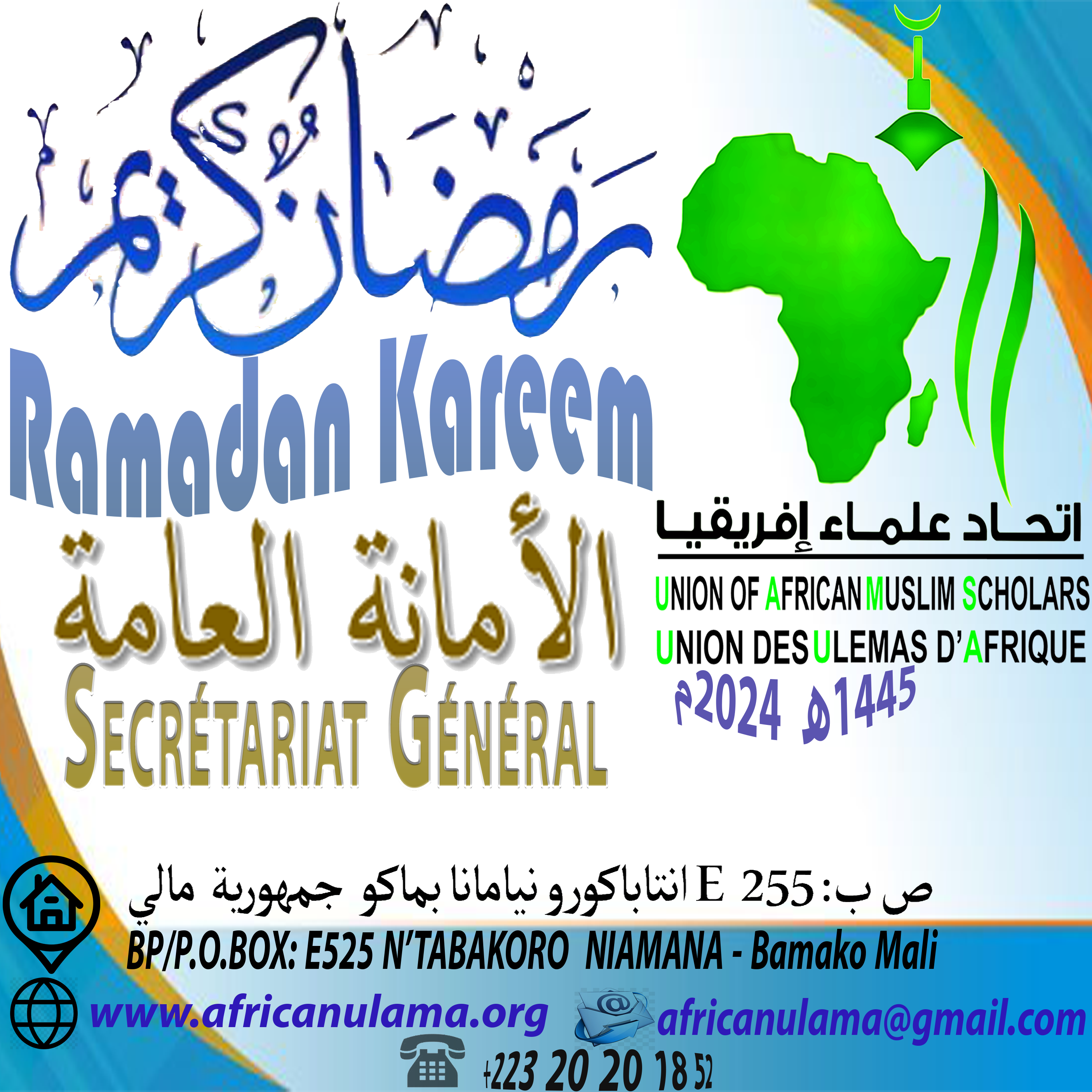
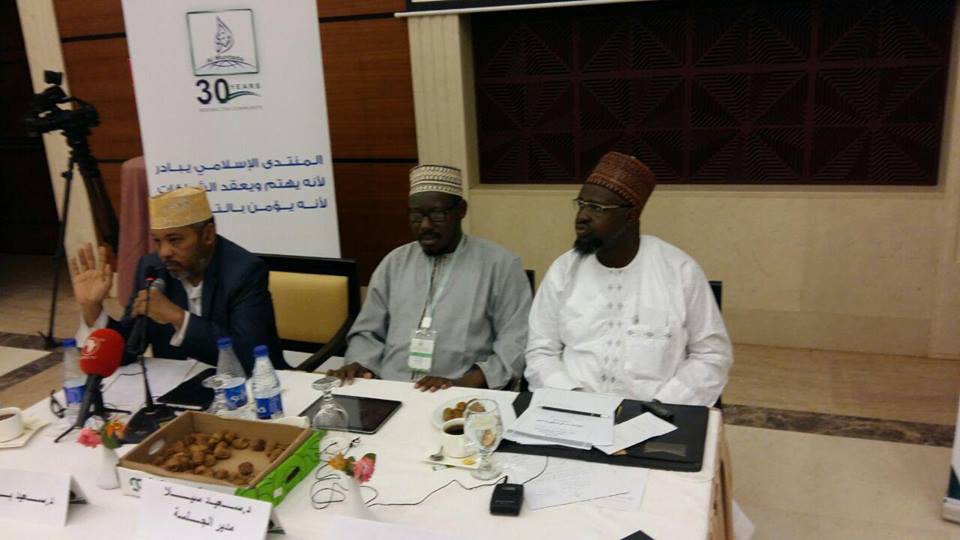
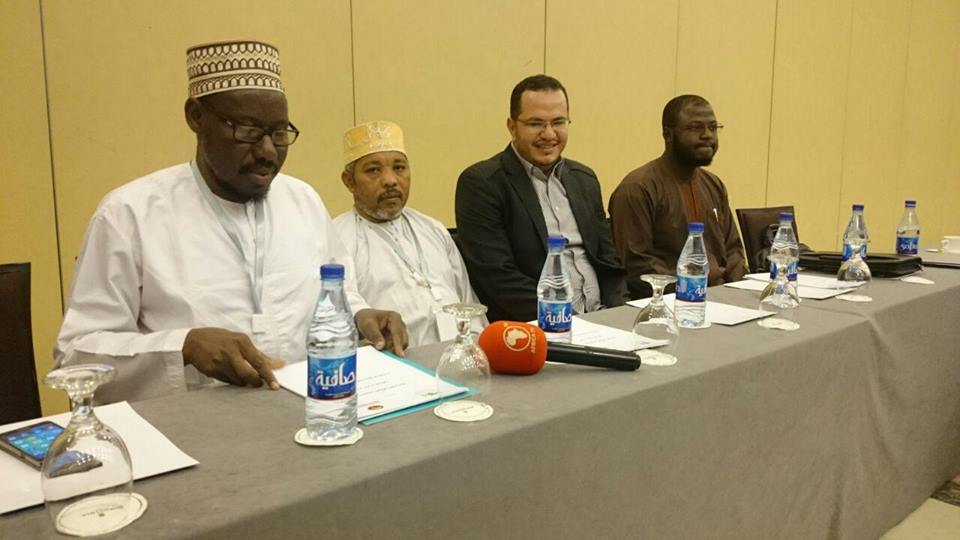
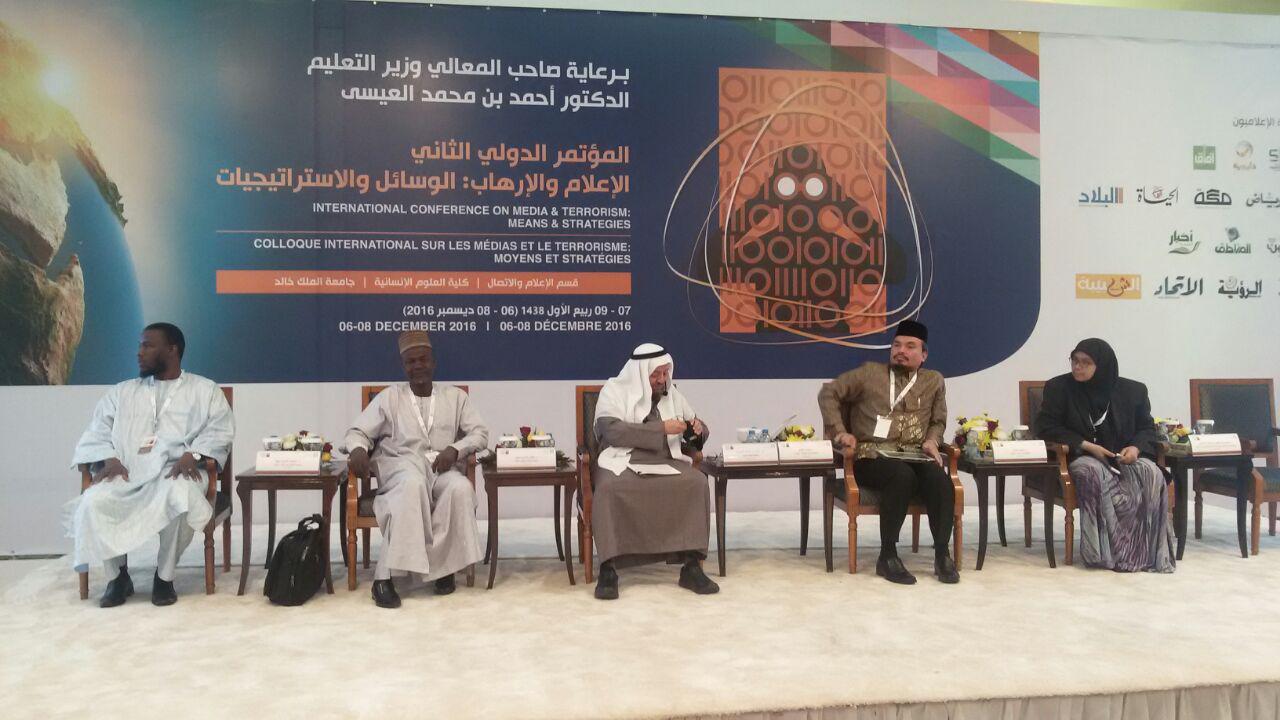
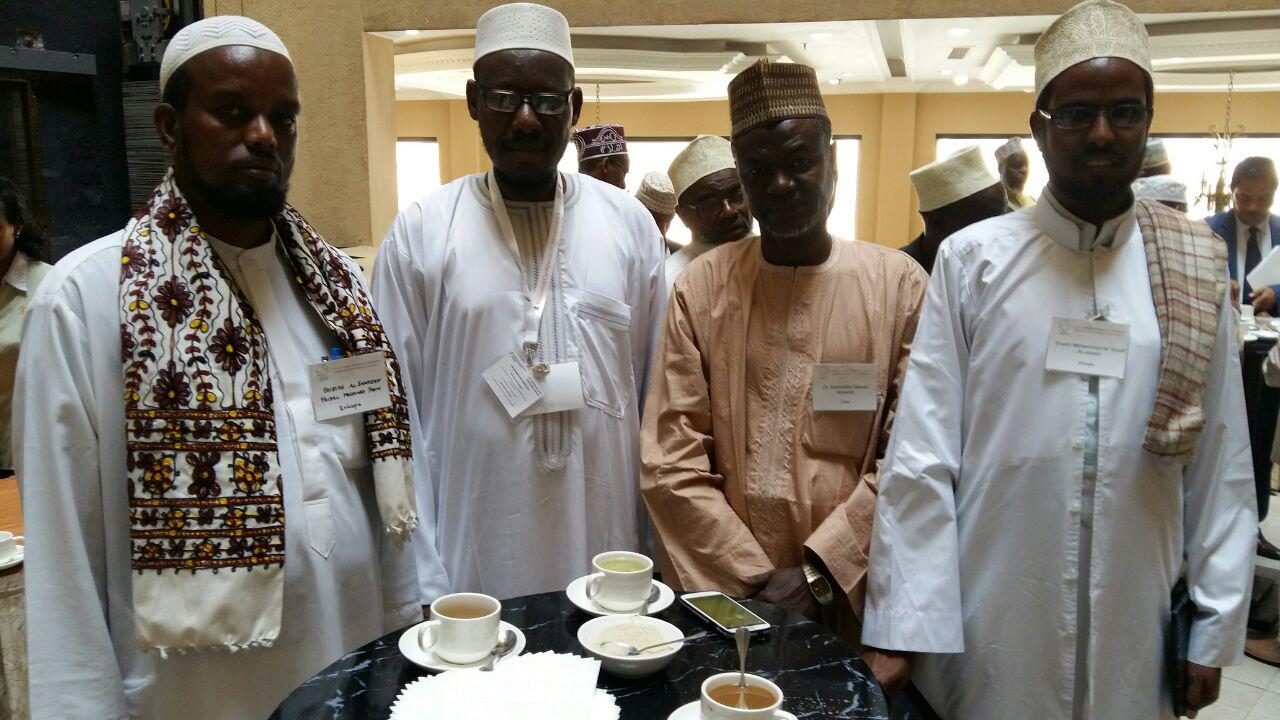
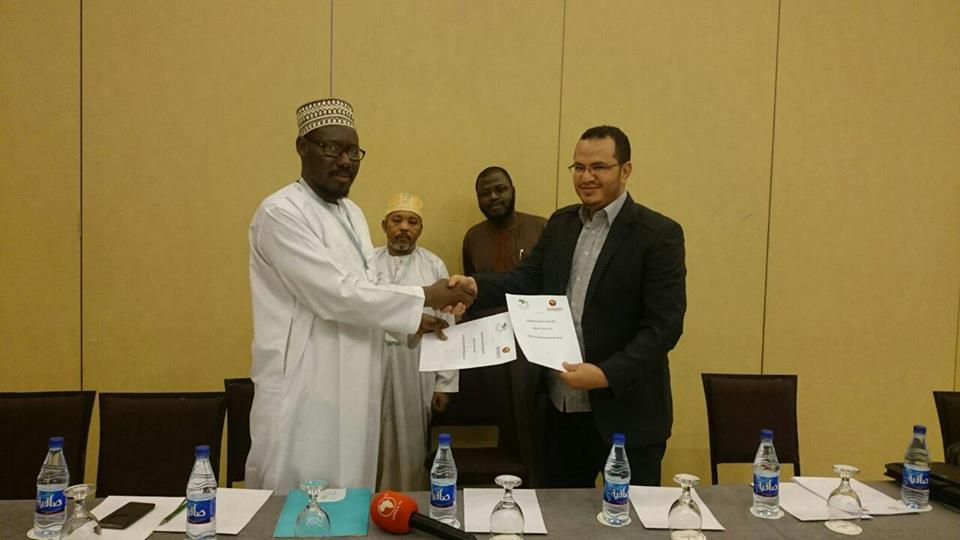
Leave a Reply